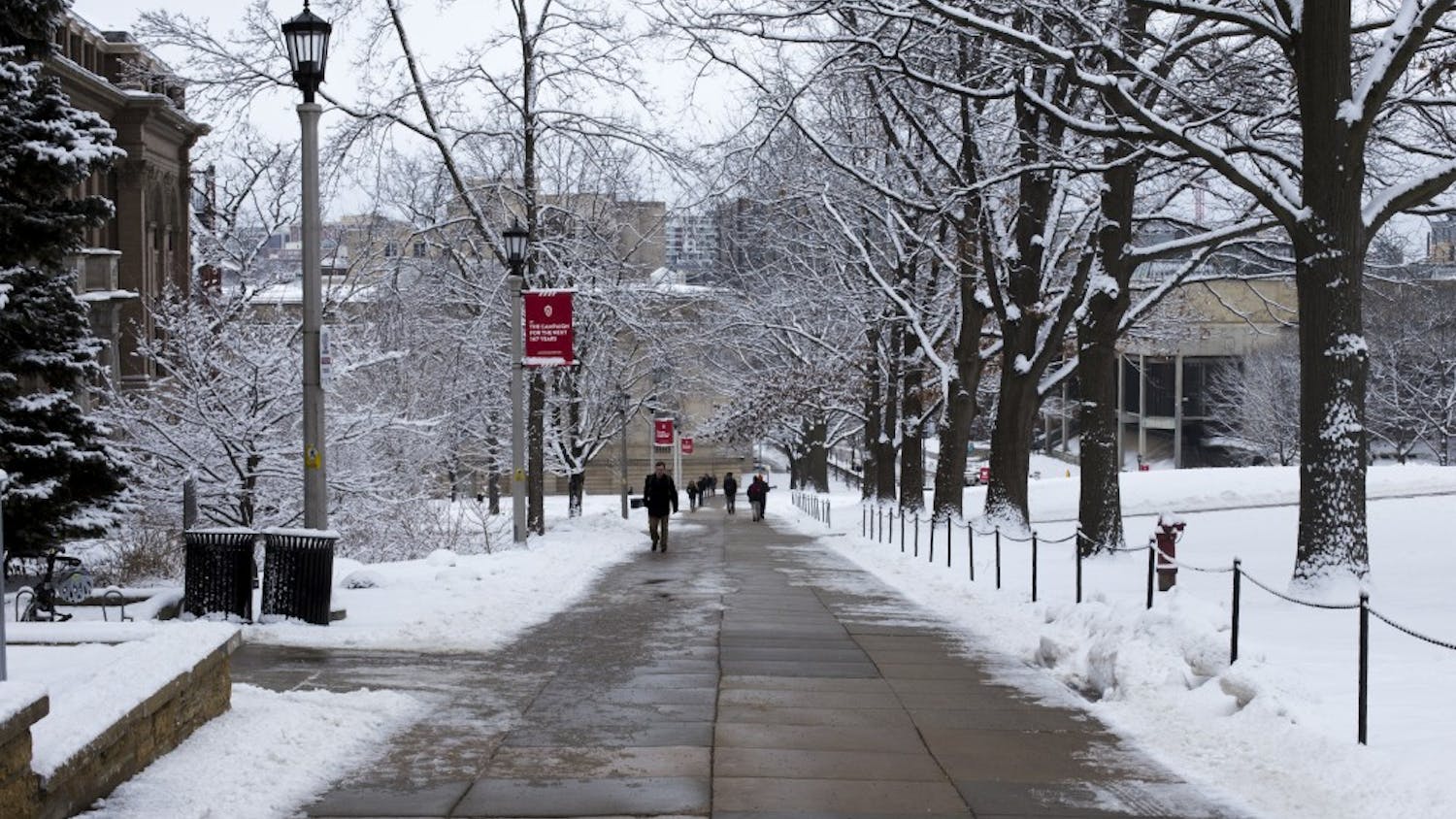When Paul Robbins addressed a crowd of young environmentalists Saturday, he devoted a part of his speech to Frankenstein, Mary Shelley’s classic gothic novel.
“What’s the moral of the story?” he asked the group, mostly students in environmental organizations. Robbins is the director of the Nelson Institute for Environmental Studies and was the keynote speaker at Saturday’s Associated Students of Madison Sustainability Fair, where he spoke to students about environmentalism in the future.
Humans are constantly creating their own “monsters,” technological developments that according to Robbins, “most of us are terrified of.” The lesson of Frankenstein, Robbins said, is that no technology should be feared or automatically dismissed.
The event was held by the ASM Sustainability Committee with the goal of creating a space for organizations to network and finding ways for the new committee to support established organizations’ efforts.
“That doesn’t mean we have to love everything—I don’t have to love DDT,” Robbins said. “But we’re going to have to not assume a priori… that all of these things are off the table.”
This led to three rules Robbins outlined for sustainability in the future. Rule number one: love your monsters. Robbins, for instance, said he supports using natural gas, which he said has lowered the university’s energy footprint.
Robbins emphasized creating a realistic and ethical future for the environment. His other rules included sparing developing countries from unrealistic innovations and keeping financial interests in mind.
After the keynote address, members of approximately 15 different environmental groups networked and met in groups to brainstorm ideas for a more sustainable community. Some of the organizations included Slow Foods UW, the Environmental Sciences Organization and Muir Woods Mentors.
One of the groups in attendance was the Collegiate Farm Bureau, a modern agriculture organization. Taylor Fritsch, the organization’s vice president, said the group attended the fair because it sees farming as “the original green industry.”
Collin Higgins, chair of the ASM Sustainability Committee, said his breakout group on land use and campus policy helped forster ideas for creating more green areas on campus, including planting native grasses.
Tom Perry, a representative of the Climate Action 350, said he believes being around other groups helps the organization see a broader view of sustainability.
“I think that we have a tendency to … focus on our particular issue, sometimes to the exclusion of others,” Perry said. “You just see how all of us are working toward similar goals.”





